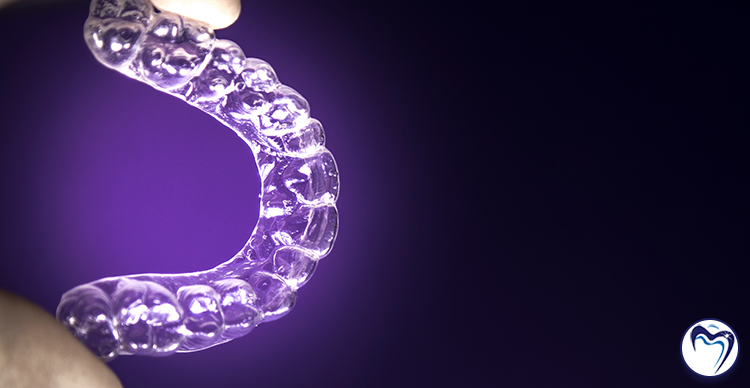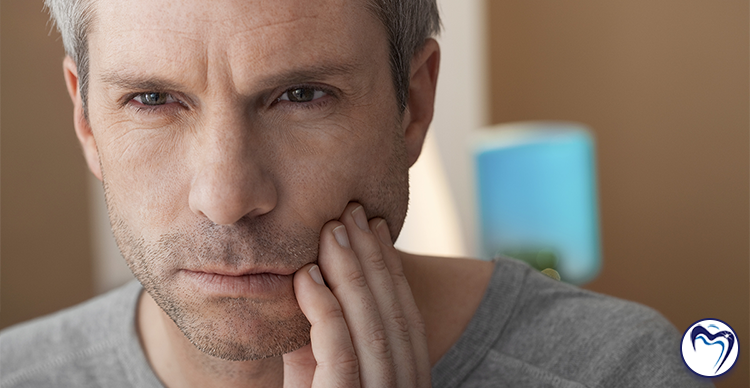Do I Really Need a Night Guard?
Have you noticed that you have been waking in the morning with a headache? Or pain in your jaw, neck or face? Are you experiencing increased tooth sensitivity? Does your sleep pattern seem interrupted? Chances are you may be experiencing bruxism, the medical term for forceful clenching or grinding of your teeth. A visit to your dentist will confirm the condition. He may recommend you use a night guard. However, you may be asking, “Do I really need a night guard?” The short answer is, yes. Because, when left untreated, bruxism can cause damage to your teeth and jaw, plus have an effect on your health.
What is Bruxism?
It is the medical term for grinding and clenching your teeth. Many people may not even realize they are doing it, as it often happens while sleeping. Some of the symptoms include:
- Otherwise unexplained flattened, fractured, chipped, cracked or loose teeth
- Increased tooth sensitivity
- Worn tooth enamel which exposes under layers of teeth
- Tired or tightened jaw muscles
- Locked Jaw
- Pain that similar to an earache, although there is no problem with the ear
- A dull headache originating in the temples
- Interrupted sleep patterns
If left untreated bruxism may lead to receding gum line, tooth loss, migraines, and pain in the back and neck. In addition, increased fatigue, which could also affect your health.
How does a night guard help bruxism?

A night guard is a custom created device that is worn to prevent grinding and clenching. It acts as a protective layer between your upper and lower jaw.
These devices may also be referred to as occlusal guards, occlusal splints, even bite splints. Typically the guards are constructed of plastic from a mold of your teeth. They can be worn on both the bottom and top or only the top teeth. The goal is providing a cushion that re-establishes the natural space between the jaw and prevents you from grinding or clenching.
What can I expect when wearing a night guard?
First, wearing a night guard is extremely comfortable.
Second, the regular use of a night guard can help you:
- Get a good night’s sleep.
- Get rid of morning headaches.
- Stop jaw aches.
- Prevent damage to your teeth, dentures, restorations, crowns, and jaw.
Lastly, wearing a night guard may also prevent and lessen the symptoms of TMJ (temporomandibular joint disorder).
How else can you address bruxism?
Bruxism often occurs when you’re under stress. It is a common unconscious behavior. Often times once you reduce and limit your stress, your bruxism is also reduced. Try meditation and yoga. Daily exercise, in any form, can also help.
Do you suspect you may be experiencing bruxism?
The friendly and knowledgeable staff at Denise Dental Studio can help. With a thorough examination, we can determine whether or not you need a night guard. If you are experiencing any of the symptoms listed above, schedule an appointment today. Allow us the privilege of working with you. We want to encourage the best habits that will ensure not only a bright, healthy smile but improve your health and confidence!


